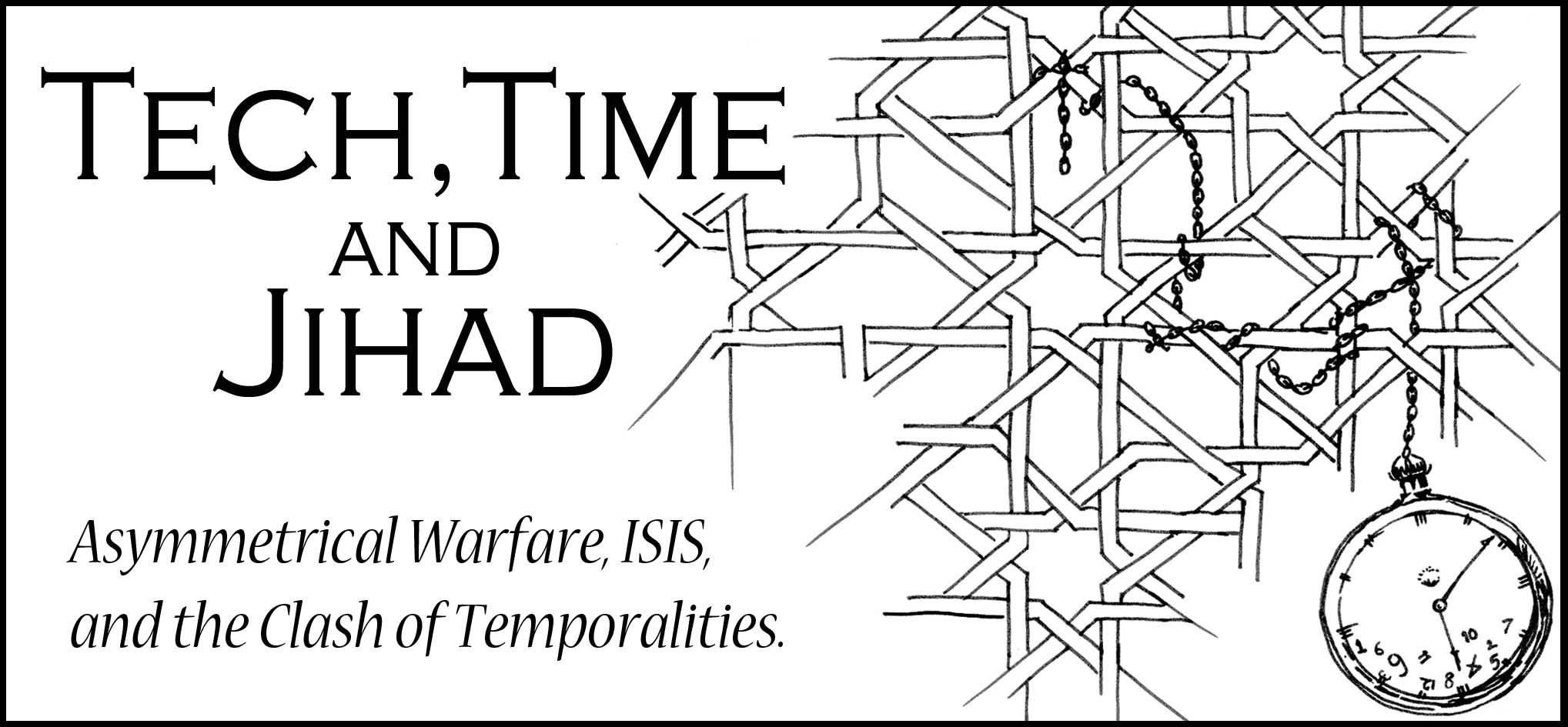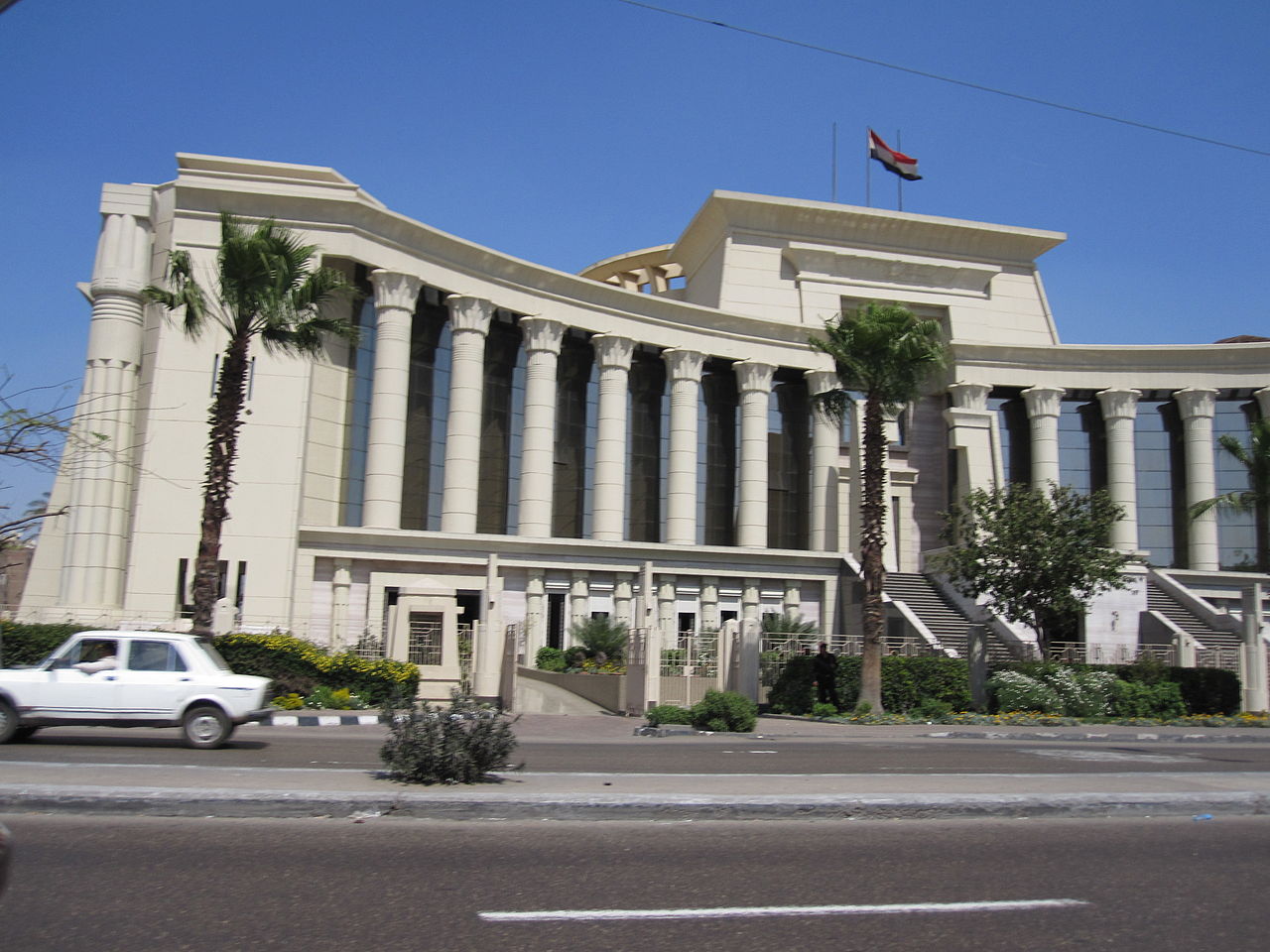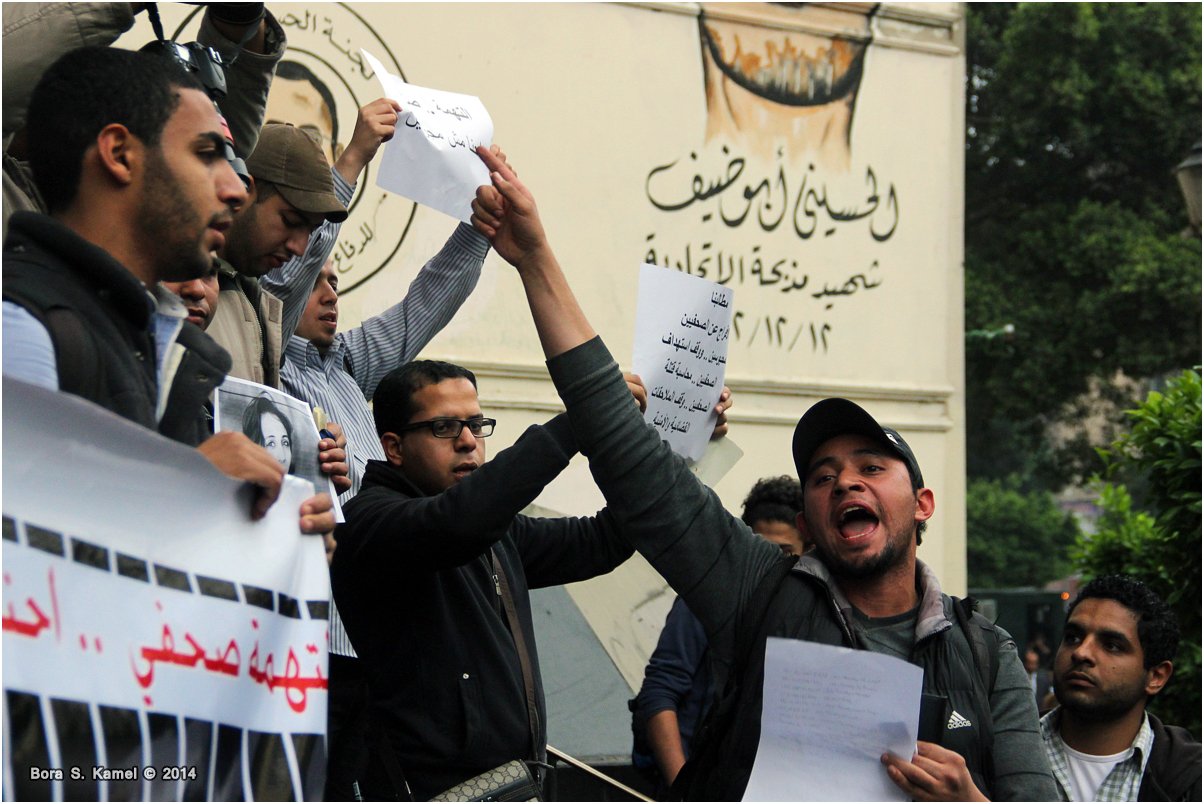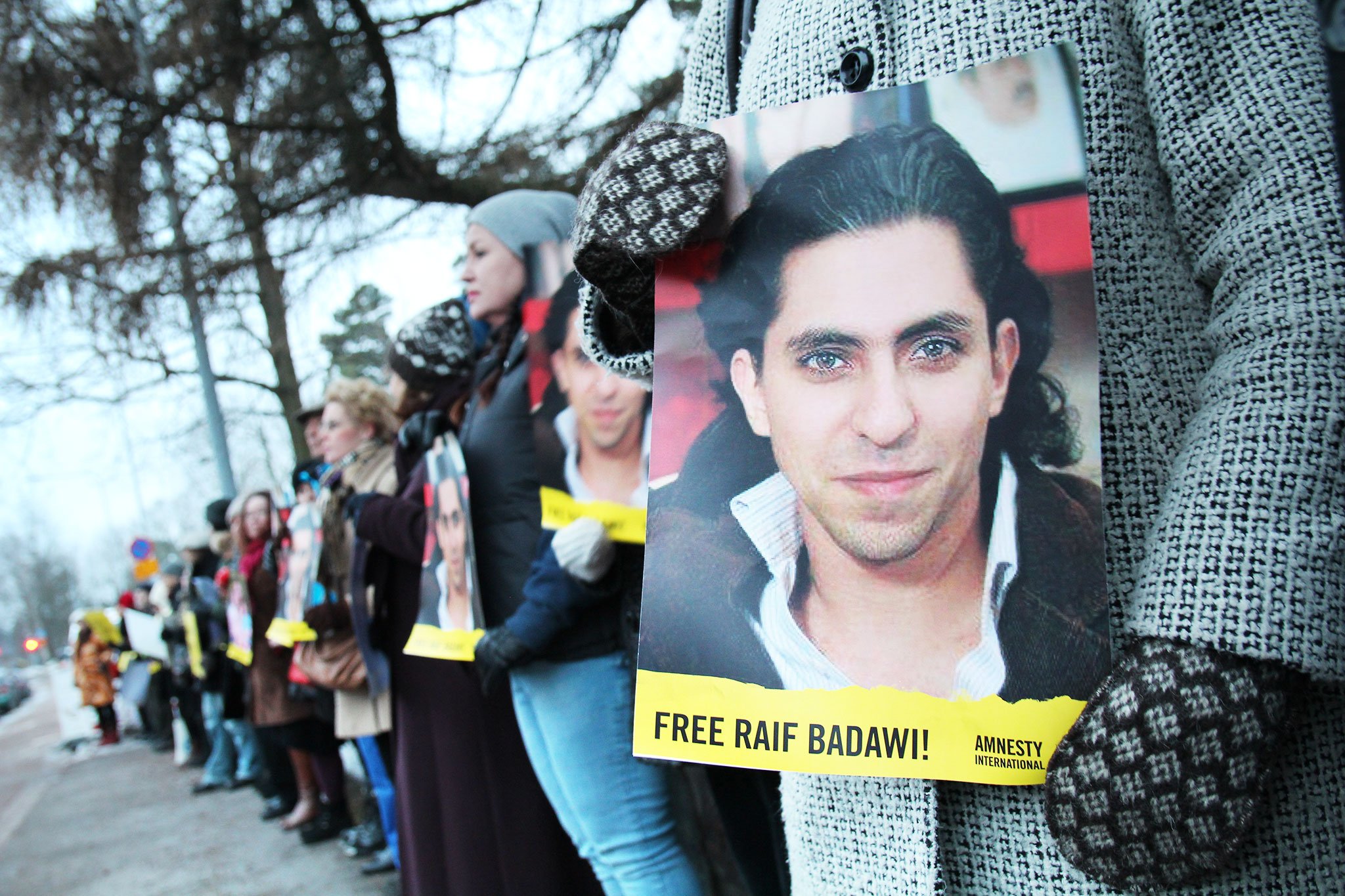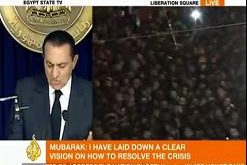Issue 22, spring 2016 https://doi.org/10.70090/RH16TTAJ On December 28th, 2015, when the Iraqi army felt confident enough of the military situation around Ramadi, the capital of Anbar province, it invited the world’s media to witness the raising of the national flag atop a central administration building. For the Iraqi government, the …
Read More »How Egyptian Laws Contradict the Universal Principles of Freedom of Media & Press
“I should not hesitate a moment to prefer the latter.” This was Thomas Jefferson’s decisive answer when asked to choose between “a government without newspapers or newspapers without a government.” Throughout the past four centuries, the universal avowal of democracy and the rule of law have dramatically evolved. As a …
Read More »Building Narratives: A Study of Terrorism Framing by Al Jazeera and Al Arabiya TV Networks
Using framing theory and content analysis, Saeed Abdullah & Mokhtar Elareshi investigate how Al Jazeera and Al Arabiya TV networks cover terrorism. This paper focuses on how the two networks differ or are similar in covering terrorism and identifies factors that may influence each network’s news selection processes and the framing of terrorism stories. This work represents an initial effort to expand research on terrorism coverage by pan-Arab media.
Read More »Media Law in Egypt and the Universal Principles of Freedom of Expression
In an effort to elucidate the legal structures governing the media in Egypt, as well as the country's declared obligations according to international law, Mostafa Shaat offers a breakdown of the existing frameworks, highlighting inconsistencies between the legal concept of freedom of the press as delineated in international law and Egypt's national laws. He further discusses some of the current reform efforts underway.
Read More »Media Privatization and the Fate of Social Democracy in Egypt
Nour Halabi asks why the social democratic aims of the January 2011 Revolution have not been advanced in the four years since. Halabi posits that private media ownership structures established during Mubarak's neoliberal economic reform initiative are largely to blame, arguing that despite the popular demands for social justice, the structure of Egyptian commercialized media inhibited the translation of social justice demands into discussions of economic policy.
Read More »Why Egypt needs an Audiovisual Translation Authority
Muhammad Y Gamal makes a compelling case for the establishment of an Egyptian Audiovisual Translation Authority. Laying out a short history of translation in Egypt, Gamal argues that the country has not laid the groundwork to keep up with changing modalities of translation and communication in the information age. This, he argues, is critical for the proper development of several sectors, including education, tourism, entertainment and foreign affairs.
Read More »Cases of Contention: Activism, Social Media and Law in Saudi Arabia
In a systematic examination of Saudi law, Lara-Zuzan Golesorkhi explores how the Kingdom has justified its crackdown on activists and dissenters on social media. Golesorkhi investigates how these laws have been applied in the cases of nine different activists in the last four years. Mapping their trajectories alongside the language enshrined into Saudi law, this article offers valuable insight into why and how these actions have been taken by the Kingdom.
Read More »Audiovisual Translation in the Arab World (v 0.4): Mapping the Field
As part of an ongoing body of literature on audiovisual translation in the Arab World, Muhammad Y Gamal examines barriers to localization in an increasingly digital world. Gamal posits that closing the regional gap and developing local expertise requires a multi-pronged approach, targeting both pedagogy and practice.
Read More »The Arab Spring and the discourse of desperation
El Mustapha Lahlali takes a close look at the rhetorical devices by which both Ben Ali and Mubarak tried to retain power when they addressed their nations at critical junctures during the Tunisian and Egyptian uprisings.
Read More »Hamas TV: Palestinian Media in Transition
In late January 2006, the Fatah-controlled Palestinian government announced the closure of Hamas’ new Al Aqsa television network. The station’s demise after only a few weeks on air came as no surprise to those familiar with the tug-of-war that is Palestinian politics. Named in honor of the famous Jerusalem mosque …
Read More » Arab Media & Society The Arab Media Hub
Arab Media & Society The Arab Media Hub
